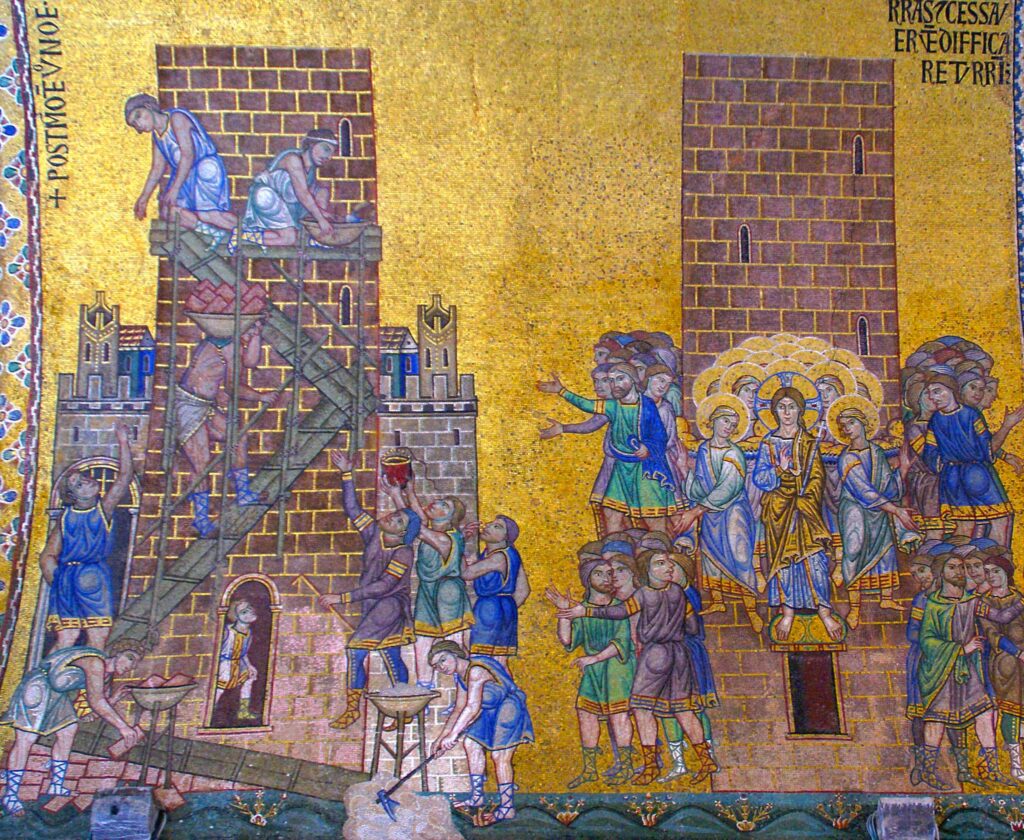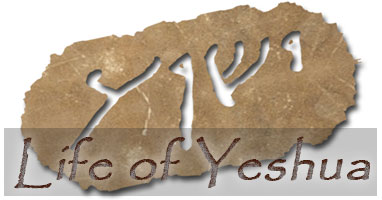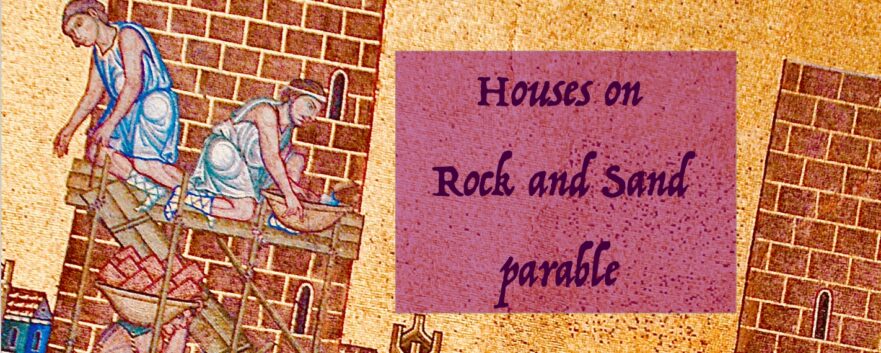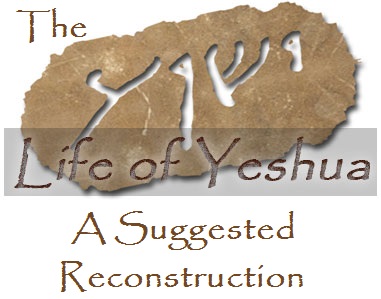How to cite this article:
Joshua N. Tilton and David N. Bivin, “Houses on Rock and Sand parable,” The Life of Yeshua: A Suggested Reconstruction (Jerusalem Perspective, 2024) [https://www.jerusalemperspective.com/27877/].
(Matt. 7:21, 24-27; Luke 6:46-49)
(Huck 42, 43, 77, 78; Aland 74, 75, 83; Crook 57, 58, 87, 88)[1]
Updated: 13 September 2024
וְלָמָה אַתֶּם קֹרְאִים לִי אֲדוֹנִי אֲדוֹנִי וְאֵינְכֶם עֹשִׂים מַה שֶּׁאֲנִי אֹמֵר כָּל הַשּׁוֹמֵעַ אֶת דְּבָרַי וְעֹשֶׂה אֹתָם לְמַה הוּא דּוֹמֶה לְאָדָם שֶׁבָּנָה בַּיִת עַל הַסֶּלַע וְיָרְדוּ הַגְּשָׁמִים וְהָלְכוּ הַנְּחָלִים וְנָשְׁבוּ הָרוּחוֹת בְּאוֹתוֹ הַבַּיִת וְלֹא נָפַל שֶׁהָיָה בָּנוּי עַל הַסֶּלַע וְכָל הַשּׁוֹמֵעַ אֶת דְּבָרַי וְאֵינוֹ עֹשֶׂה אֹתָם לְמַה הוּא דּוֹמֶה לְאָדָם שֶׁבָּנָה בַּיִת עַל הַחוֹל וְיָרְדוּ הַגְּשָׁמִים וְהָלְכוּ הַנְּחָלִים וְנָשְׁבוּ הָרוּחוֹת בְּאוֹתוֹ הַבַּיִת וְנָפַל וְהָיְתָה נְפִילָתוֹ גְדוֹלָה
“How ironic that you call out to me, ‘My lord! My lord!’ when you want something from me, but when what I say demands something from you, you don’t feel obliged to do it!
“To what shall I compare the one who hears my interpretation of the Torah and acts accordingly? I’ll compare him to someone who built a house on bedrock. The rains fell, the wadis streamed, and the winds blew against that house, but it did not fall because it was built on bedrock.
“And to what shall I compare the one who hears my interpretation of the Torah but does not act accordingly? I’ll compare him to someone who built a house on sand. The rains fell, the wadis streamed, and the winds blew against that house, and it fell with a mighty crash. He needn’t have bothered to build that house at all!”[2]
| Table of Contents |
|
3. Conjectured Stages of Transmission 5. Comment 8. Conclusion |
Reconstruction
To view the reconstructed text of the Houses on Rock and Sand parable click on the link below:
Paid Content
Premium Members and Friends of JP must be logged in to access this content: Login
If you do not have a paid subscription, please consider registering as a Premium Member starting at $10/month (paid monthly) or only $5/month (paid annually): Register
One Time Purchase Rather Than Membership
Rather than purchasing a membership subscription, you may purchase access to this single page for $1.99 USD. To purchase access we strongly encourage users to first register for a free account with JP (Register), which will make the process of accessing your purchase much simpler. Once you have registered you may login and purchase access to this page at this link:
Conclusion
Too much and, simultaneously, too little has been made of Jesus’ claims in Houses on Rock and Sand. Jesus did not arrogate titles of divinity to himself only to claim that flattering him with such titles will not ensure salvation. Jesus did not claim that obeying the precepts of the Sermon on the Mount will deliver Christians on the Judgment Day. Jesus did wryly observe that those who called out to him, “My Lord!” in the hope of being healed ought to think about what they are saying. If Jesus truly is their Lord, then they will not only seek his miraculous powers, they will follow his teachings. Jesus did not claim that only by following his teachings could a person be saved from condemnation at the final judgment, but he did claim that his interpretations brought the Torah’s true intentions to light, and Jesus, in agreement with the rest of Judaism, regarded the Torah as the source of life both in this world and in the world to come. Jesus certainly did claim that doing what he taught was the only point of listening to him. He certainly would have been repulsed by the thought that simply believing in Jesus as one’s personal savior was the point of the Gospel. “What’s the point of believing in me,” Jesus would ask, “if you don’t do what I say?”

 Click here to return to The Life of Yeshua: A Suggested Reconstruction main page.
_______________________________________________________
Click here to return to The Life of Yeshua: A Suggested Reconstruction main page.
_______________________________________________________
- [1] For abbreviations and bibliographical references, see “Introduction to ‘The Life of Yeshua: A Suggested Reconstruction.’” ↩
- [2] This translation is a dynamic rendition of our reconstruction of the conjectured Hebrew source that stands behind the Greek of the Synoptic Gospels. It is not a translation of the Greek text of a canonical source. ↩

































































































